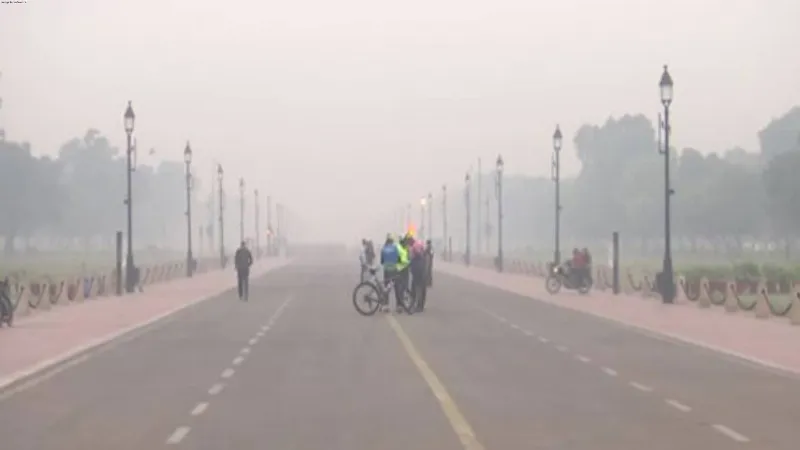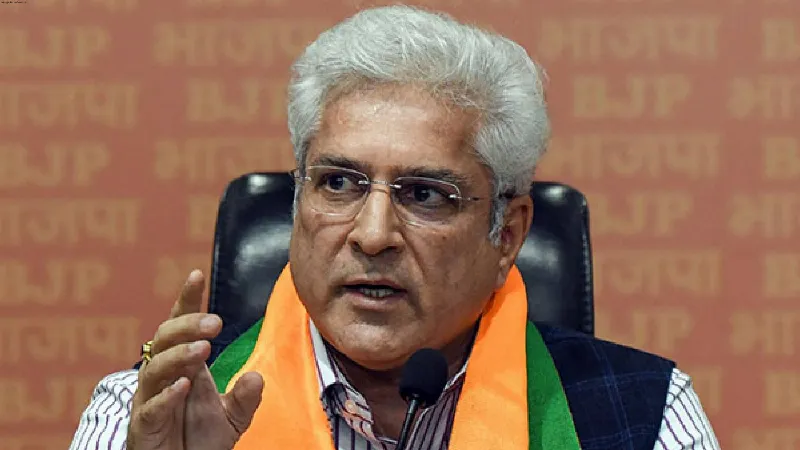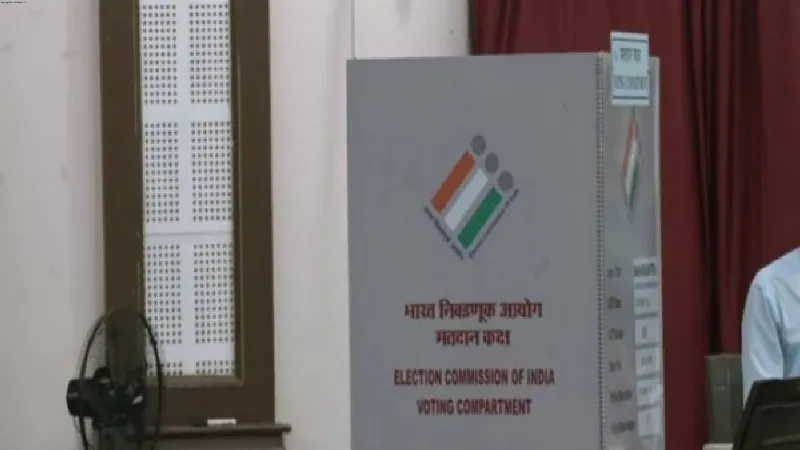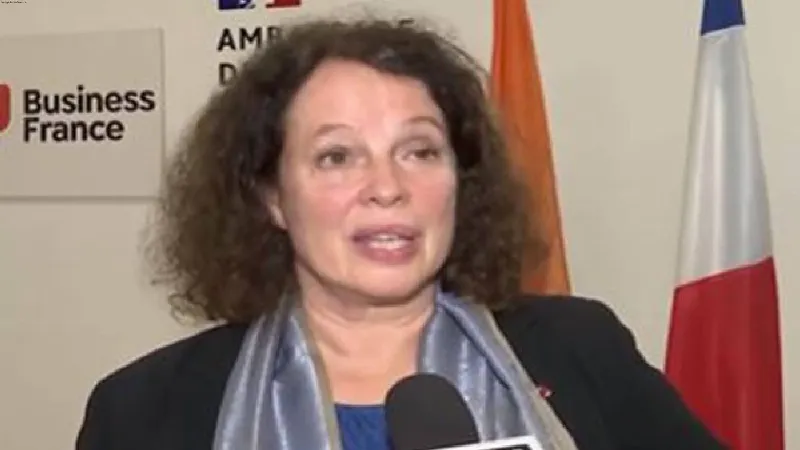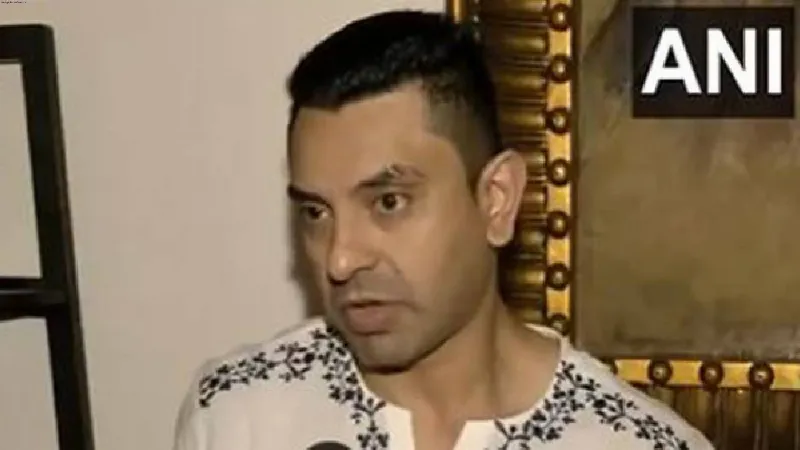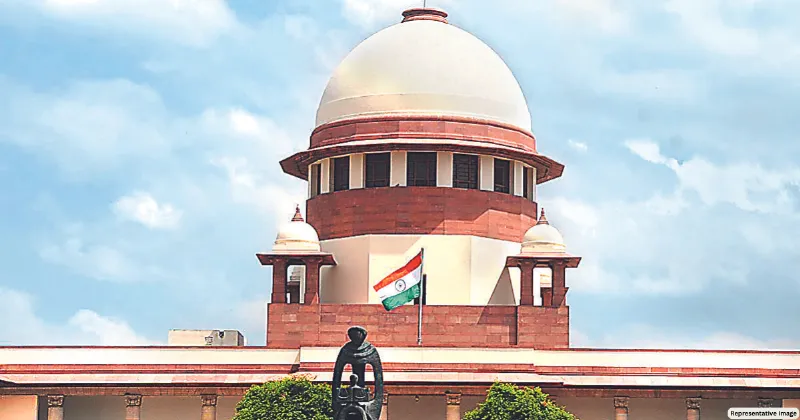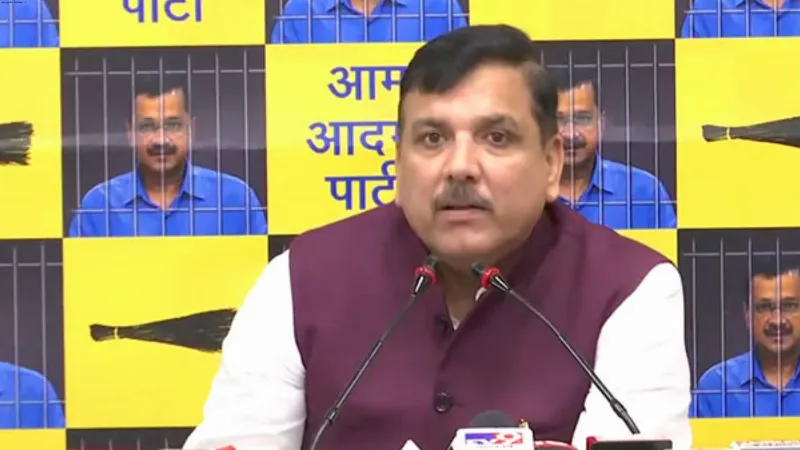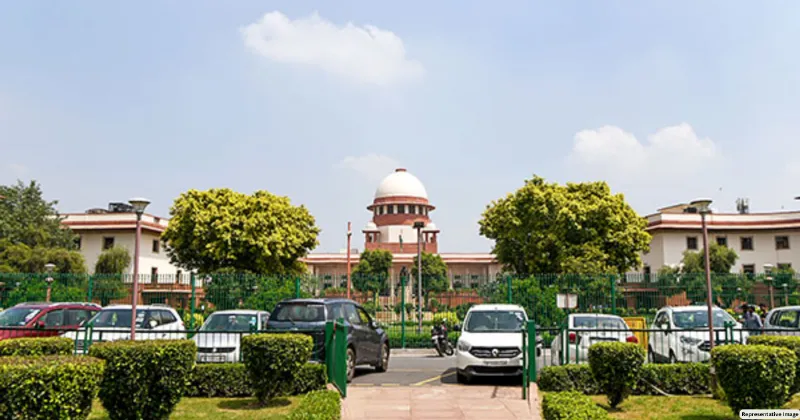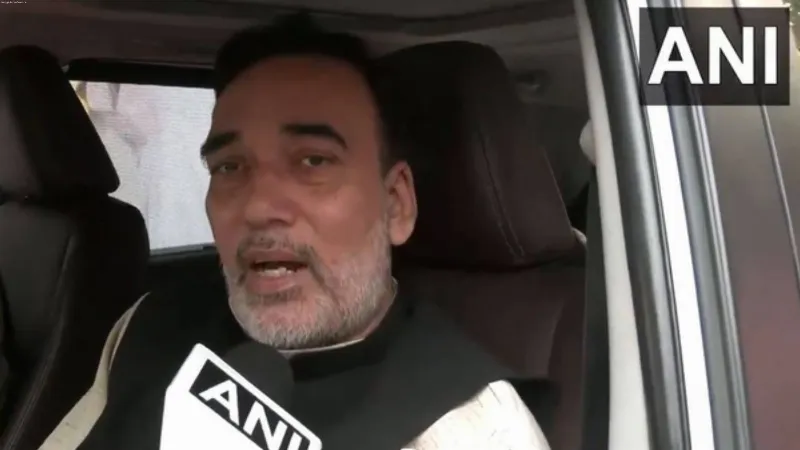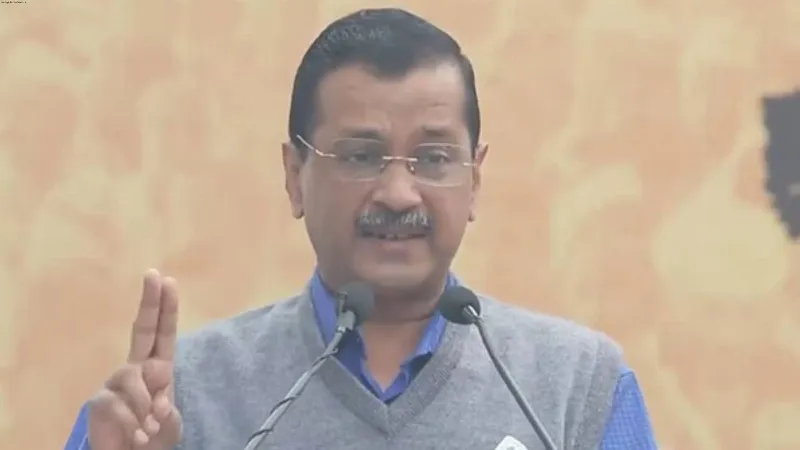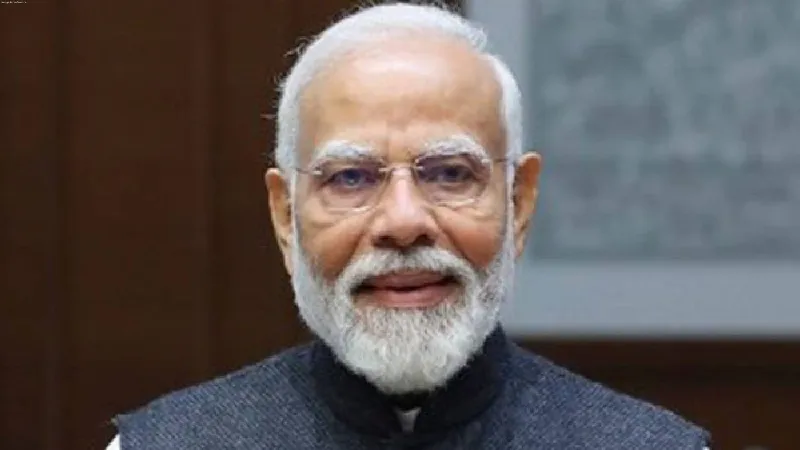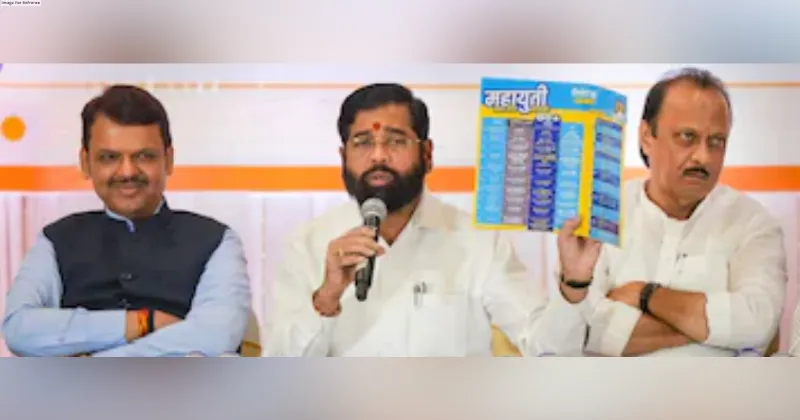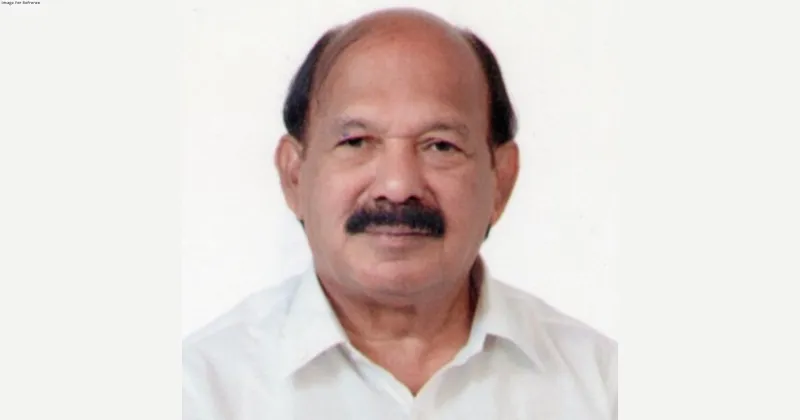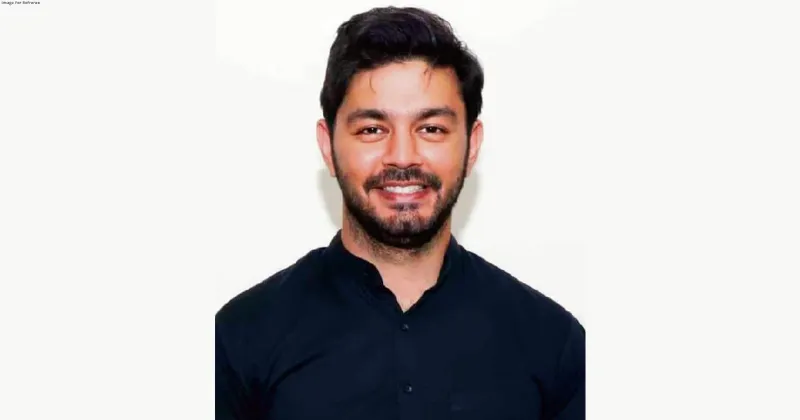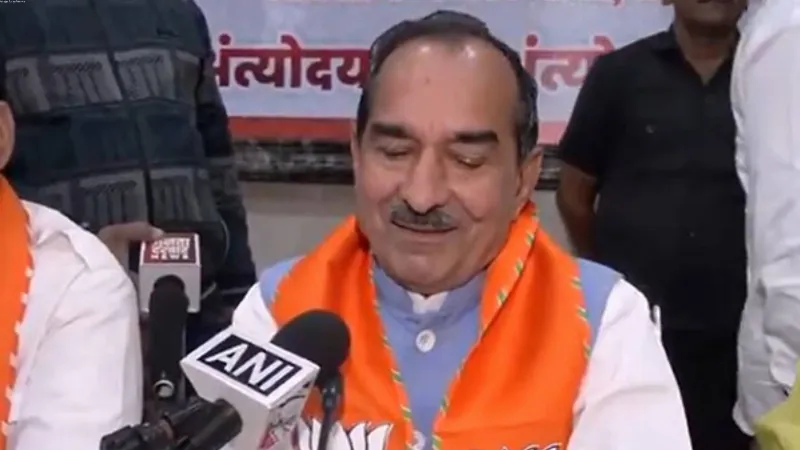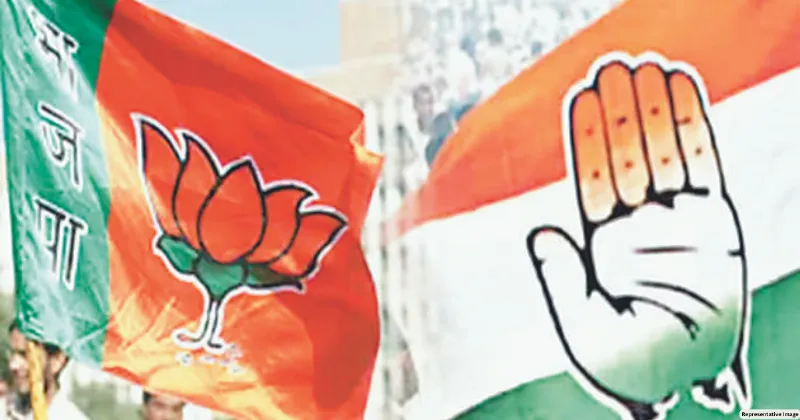Latest News
No immunity for MP or MLAs for taking bribes: Supreme Court
.png)
New Delhi: A seven-judge Constitution Bench of the Supreme Court on Monday ruled that an MP or MLA cannot claim immunity from prosecution on a charge of bribery in connection with the vote or speech in the Parliament or Legislative Assembly.
In an unanimous view, the SC's Constitution Bench overruled the 1998 judgement in the PV Narasimha Rao case.
"We disagree with the judgment in PV Narasimha case which grants immunity to legislator for alleged bribery for making a speech or vote in a particular manner in the House that has wide ramifications," Chief Justice DY Chandrachud observed during the hearing.
The top court held that corruption and bribery by legislators destroy the functioning of Indian Parliamentary democracy. The bench headed by the CJI said that the bribery is not rendered immune citing Article 105 or 194.
"A member indulging in bribery indulges in a criminal act which is not essential for casting a vote or giving a speech in the legislature," the CJI said.
The Supreme Court said that the interpretation of PV Narasimha judgment is contrary to Articles 105 and 194 of the constitution. The court said that interpretation which has been placed on the issue in question and the judgment of the majority in PV Narasimha Rao results in a paradoxical outcome where a legislator is conferred with immunity when they accept a bribe and follow through by voting in the agreed direction.
The interpretation of PV Narasimha judgement is contrary to Articles 105 and 194, the CJI added.
Chief Justice Chandrachud further observed that the offence of bribe is crystallised on the taking of illegal gratification and it does not depend on whether the vote or speech is given later.
Speaking after the verdict, Advocate Ashwini Upadhyay said that the apex court through its judgment made it clear that if any legislator takes bribes to ask questions or cast vote in the legislature will not be immune to prosecution.
He said that the accused legislator will not be treated with any special protocols but will be charged with corruption.
"The Supreme Court ruled that the asking questions or casting votes by taking bribes will be equivalent to destroying India's parliamentary democracy," the lawyer said.
A bench of seven-judges headed by the Chief Justice of India in October reserved order after hearing the submissions. Other judges on the bench are Justices AS Bopanna, MM Sundresh, PS Narasimha, JB Pardiwala, Sanjay Kumar, and Manoj Misra.
Earlier, a five-judge bench referred the matter to a larger bench of seven-judge to deal with the issues, observing that it was an important issue having a significant bearing on the morality of polity.
The court said that the purpose of Article 105(2) and Article 194(2) is to ensure that members of parliament and state legislatures are able to discharge duties in an atmosphere of freedom without fear of the consequences.

